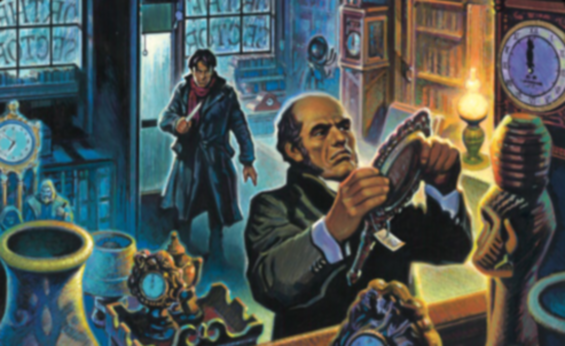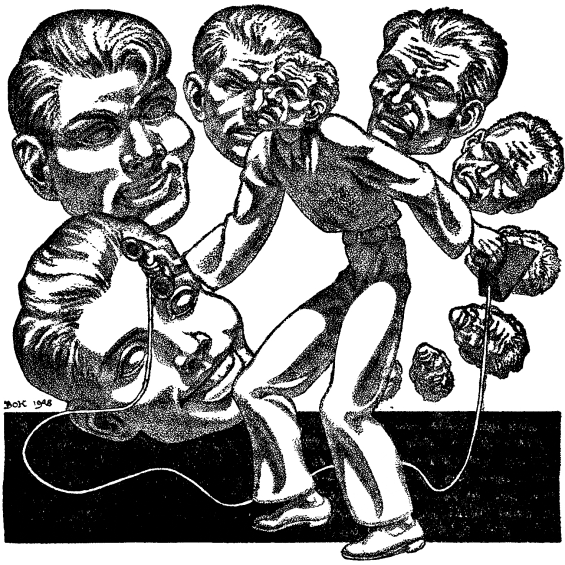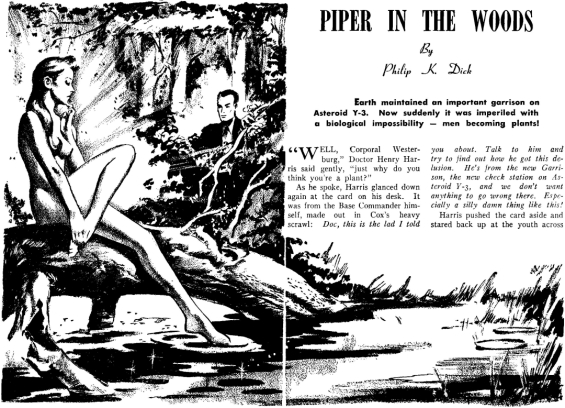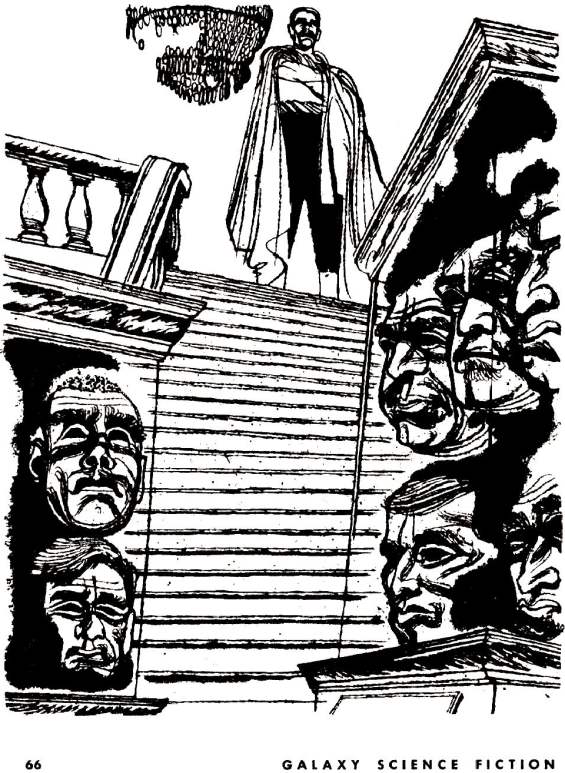

 The SFFaudio Podcast #281 – Jesse, Mr Jim Moon, and Bryan Alexander discuss Do Androids Dream Of Electric Sheep? by Philip K. Dick.
The SFFaudio Podcast #281 – Jesse, Mr Jim Moon, and Bryan Alexander discuss Do Androids Dream Of Electric Sheep? by Philip K. Dick.
Talked about on today’s show:
1968, science fiction by Philip K. Dick, Blade Runner, abridged version, audiobook, repetition of theme, an introductory novel to Philip K. Dick, The Man In The High Castle by Philip K. Dick, jam packed with action, one long day, the fake police station, a classic Dick move, how many androids are there in this book?, movies, androids, legitimate slavery, Luba, minority, androids v. slaves, reality of humans, psychological tests, visuals, dialogic science fiction, Wilder Penfield, The Terminal Man by Michael Crichton, mood organ, existential humor, satire, artificial, unbelievable world, endless competition, goat glands, Sydney’s Catalog, the BBC Radio 4 audio drama by Jonathan Holloway & Kerry Shale, parallel characters, undercut truth, an animal theme, religious allusions, Mercer, Unbreakable (M. Night Shyamalan), lurker, detective story, lack of world descriptions, less striking scenes in the movie, Galactic Pot Healer by Philip K. Dick, tomb world, fraud corpses, Mercer v. Jesus, lack of introduction in the movie, Frankenstein by Mary Shelley, the maker, hope of freedom, androids as fiends, humans yet not humans, what is the definition of human?, the question, the title, empathy to androids, Deckard’s predictions, Ubik by Philip K. Dick, predestination, fake things, simulacra, electrically modified ecology, emotional drug, consumerism, The Days of Perky Pat by Philip K. Dick, Nanny by Philip K. Dick, the vale of reality, the cuckoo clock in Blade Runner, layered symbols, visualizing future technologies, Kayla Williams, unobvious connections, paranoia, suspicion of government, The Exit Door Leads In by Philip K. Dick, unimportance of religious reality, environmental awareness, Silent Spring by Rachel Carson, dehumanization in war, androids = inverted human, Fahrenheit 451 by Ray Bradbury, television, The Veldt by Ray Bradbury, 1984 by George Orwell, podcasting, Metropolis (Fritz Lang), Max Headroom, “Five Minutes Into the Future”, The Red Room by H.P. Lovecraft, haunted media.








Posted by Jesse Willis









